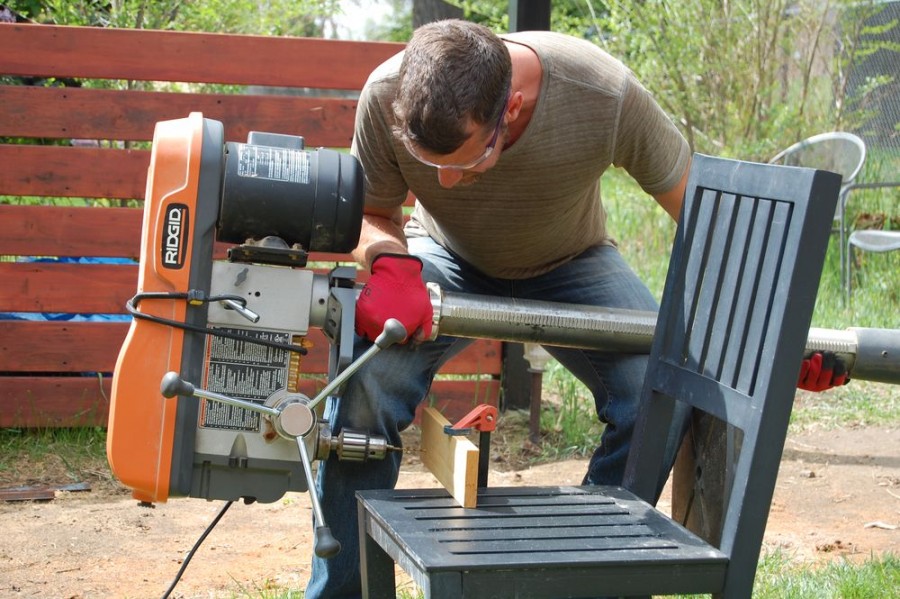Agree with Frank.
The electric motor would need batteries, controllers, and a complete replacement/duplication of interior controls. You'd likely be looking at $6-10,000 in material costs alone for the bare minimum (used) motor, batteries and controller to have even a short electric-only range on such a huge vehicle. Fabrication would be complex and probably exceed the cost of materials. It still costs money to charge the batteries (if less than gas) and you'd be looking at a bare minimum of maybe 100-150,000 miles to
break even in cost. You'd probably lose a fair amount of bed space, defeating the purpose of having a larger truck.
Drive a big truck, and you're going to be broke.
I'd say you're probably best off with a minivan, remove the rear seats and you have a huge, enclosed rear space with side access, which isn't nearly as high off the ground as most truck beds (easier to get to) and better gas mileage than any truck. If you don't need to move sheets of plywood and drywall, something like a Honda Fit with the rear gutted would be even better - possibly 40+mpg.
This article might be worth a read:
What Does Your Work Truck Say About You?
Quote:
I know how you feel – trucks are fun, and everybody has ’em. How could this be wrong? To figure it out, let’s review the basics of what a truck is really supposed to accomplish.
1) To make you money.
2) To make you look good in front of other people.
You could get more complicated and start talking about horses and cupholders, but if you break it all the way down, those two points above are why we buy trucks.
You could say a truck needs to carry you and your crew to work, or haul your tools, materials and trailers. But why are you delivering yourself to work? Why are you bringing the tools and materials in the first place? To make money. These machines are business tools, designed to make us a profit.
And you could pretend a truck is only a business tool, but that would be ignoring the fact that your choice of truck says something about you – to the ladies, to other men, and to your employer. Or if you’re doing well, to the customers of the business you own yourself. What message do you want to convey to these people?
So Where’s the Problem?
The Money
A truck makes money by carrying as much **** as possible, safely, to your destination. This allows you to earn a good day’s pay. But the truck also costs you money, which is taking back a portion of that paycheck. The amount you get to keep for yourself is your profit. Since your goal is a nice fat profit, you obviously want to pick the truck that burns the smallest amount of your hard-earned cash.
|
Quote:

The Wrong Tool for the Job: this is what you are doing, if you use a full-sized pickup truck for anything smaller than hauling multi-ton loads. And I’m not even going to mention the folly of using a pickup truck to commute to an office job. ****.
See, when you buy a truck, you look smart only at those moments you are maxing that thing out. Payload and towing load at 100% of rated capacity, 16-foot lumber on the roof rack, and the cabin full to the limits of comfort. At that moment, the truck is earning the money you paid for it. Unfortunately for most gentlemen, this moment is Never.
At all other moments, you’re showing you bought too much truck. You are using the 163 pound drill press to countersink tiny screws in a door frame. You are wasting your own money and looking to the rest of the world like a dumbass who can’t choose the right truck. And unfortunately for most truck owners, this is Always.
|